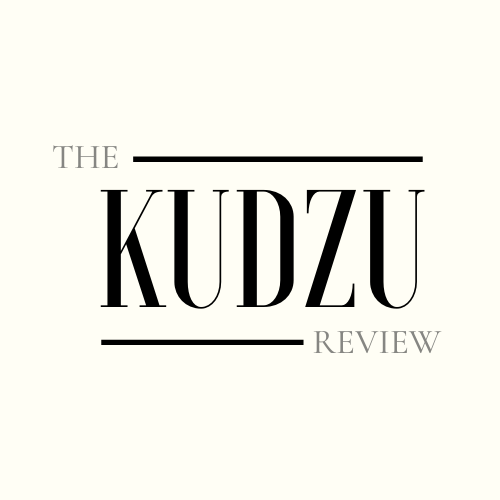by Jonathan Garnes

Photo by Towfiqu barbhuiya on Unsplash
Scribere humanum est; recensere divinitas est. And other thoughts on editing.
In our tenures as authors, editors, and readers, we will inevitably need to edit our colleagues’ work. We must enthusiastically take on this task, whether requested by the author themself or as assigned by an instructor, to improve our writing capabilities.
To write is human; to edit is divine. Peer editing can expose the holes in logic in a colleague’s work, train the editor to recognize commonly made errors in their personal work, and provide the reader with a more pleasurable reading experience as the writer and editor work in tandem to iron out the kinks
of storytelling.
To achieve this harmonic symphony between writer, editor, and reader, editors must consider the significance of how they approach the writer’s manuscript and what type of criticism they give; it is simplistic for an editor to give the writer a simple list of what they like and do not like about a piece, it is much harder to provide constructive criticism on how a piece can improve.
So, how does one provide constructive criticism? First, consider reading the piece to understand what the author intends to do with it, and
attempt to understand the author’s probable targeted demographic and deduce their exigency. Too often, we rush into the piece and skim paragraph after paragraph when we know we must provide edits. In order to give the piece the attention it needs, we must read it how we would read a piece already published.
Treating the piece as though it was already published prompts editors to provide authentic and readerly criticisms rather than purely feedback or line-editing-based criticisms; we give established pieces the proper time of day (or at least we should), and we should extend that same respect to the work of our colleagues. In this, constructive criticism emerges; through this manner of thought applied to editing, the writer receives advice that they can truly build their craft with, rather than receiving a list of minor changes that they will last-minute apply to their manuscripts.
The question then changes. How do we properly read a piece?
Of course, all of the typical portions of advice come to mind with this question.
“Set up a quiet place to read!”
“Remove all distractions from your area!”
“Make sure you actually have plenty of time to read your piece!”
These are all given things that most editors already know (or should know) and apply to their reading when reading. However, close reading demands that we examine our texts with more scrutiny. When developing the “Read Aloud” protocol for his students, California State University Professor Nelson Graff gives several questions editors can ask themselves while reading a piece, such as:
“What is the issue the paper addresses?”
“What is the author saying about this issue?”
“What is the author saying in this sentence?”
“How does this sentence/paragraph add to what has come before?”
“What does this sentence/paragraph suggest about what will come next?”
“What questions does this word/sentence/paragraph raise for me?”
“Does the author answer those questions right away?” And so on, and so on.
Through the use of the “Read Aloud” protocol, we can properly approach the manuscript we are editing with the mindset of wanting to understand where the piece is going and what needs to be done for it to get where it needs to go.
So, what type of criticism should we be giving? Here is where the author of the piece will give a cop-out. I cannot tell you, specifically. This is not to say that there is no advice at all for writing constructive criticism; moreover, every piece varies so widely that applying a catch-all type of rhetoric to each piece would be disingenuous to the writers, as well as to you, the editor. Every piece has its specific flaws; if none can be found in the first round, it needs to be reread.
No one gets it right on the first try, as everyone’s categorization of perfection differs from person to person. The aspect of peer editing that is the most important is setting up one’s comprehension of the manuscript compared to just knowing what they want to criticize; truly effective constructive criticism arises from the questions that surface as we move closer to understanding
the author’s intentions and goals with their piece. We move in sync with the writer we edit for; their goals become ours, and the more we can understand where they want to go, the harder we find ourselves motivated to get them there.
This is the beauty of peer review.

Hi, my name is Jonathan Garnes. I’m one of the nonfiction editorial assistants over at the Kudzu Review. I’m a junior in English (Editing Writing and Media), I have one year left of school (hopefully), and one of my favorite hobbies is longboarding up and down Tallahassee’s hills (I’ve fallen off said board more times than I can count). I hope my work here improves my writing to the point that I can become an English teacher, and once I do so, I want to impact as many lives as possible for the better.
Want to read more? Check out our most recent posts below!






Leave a comment